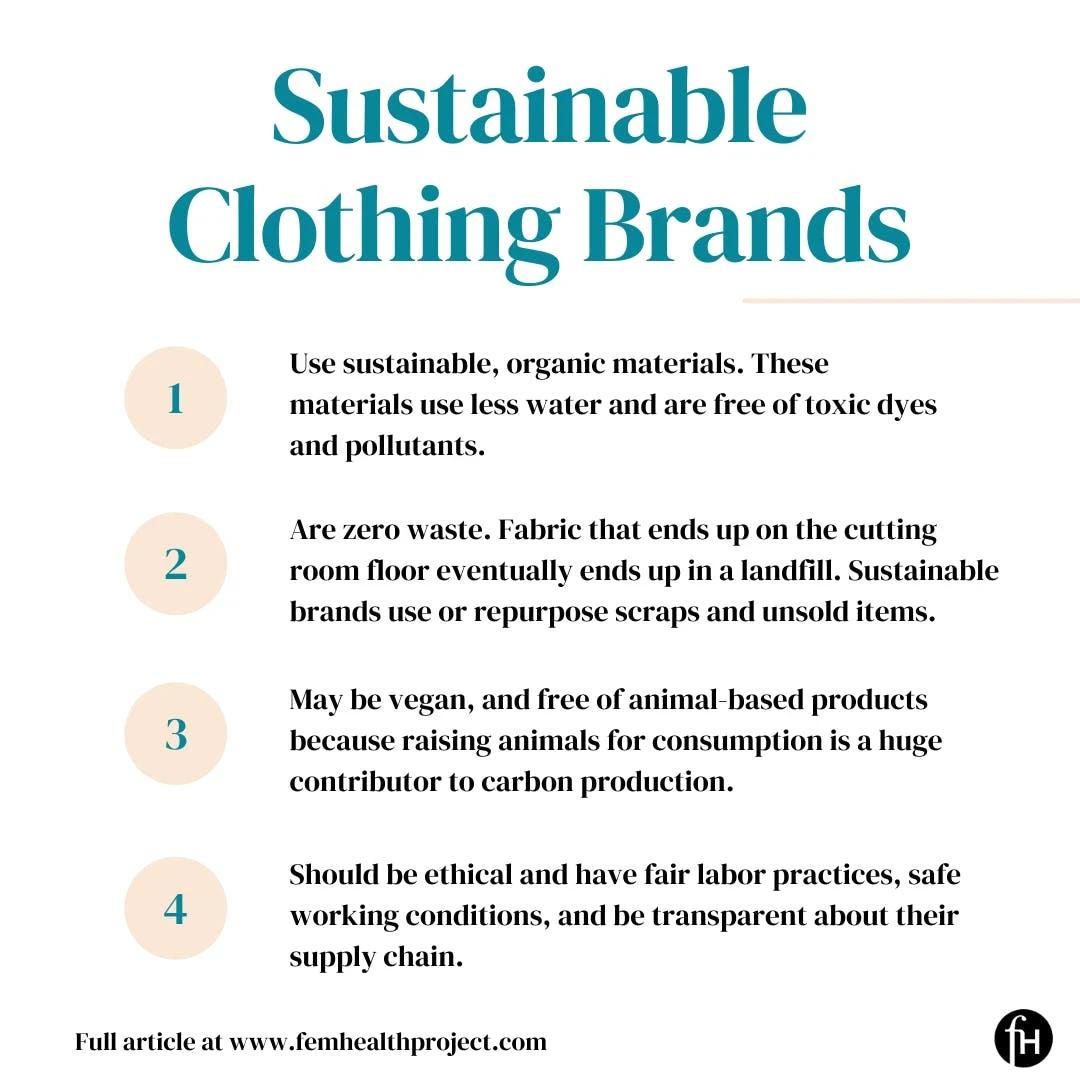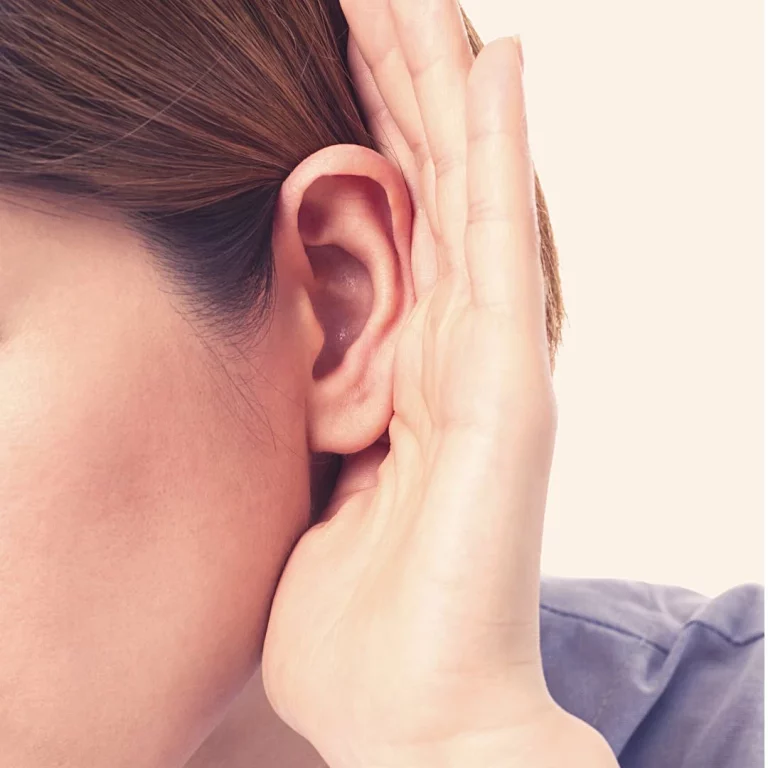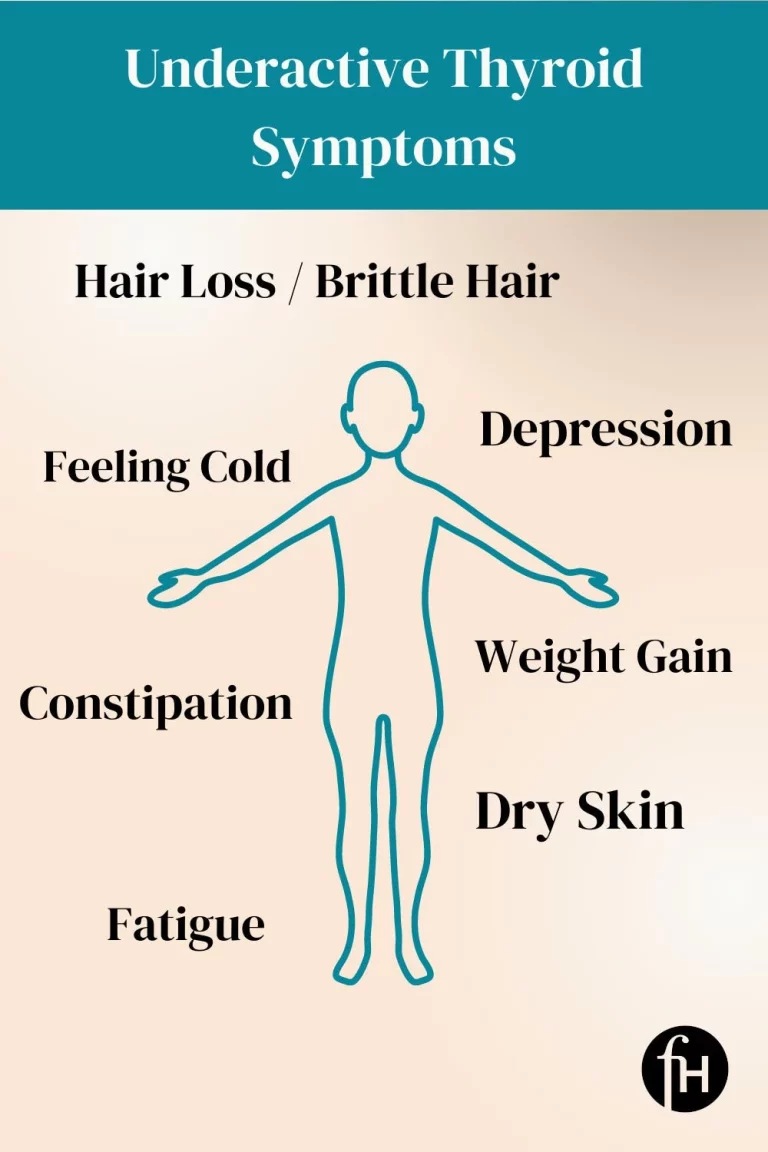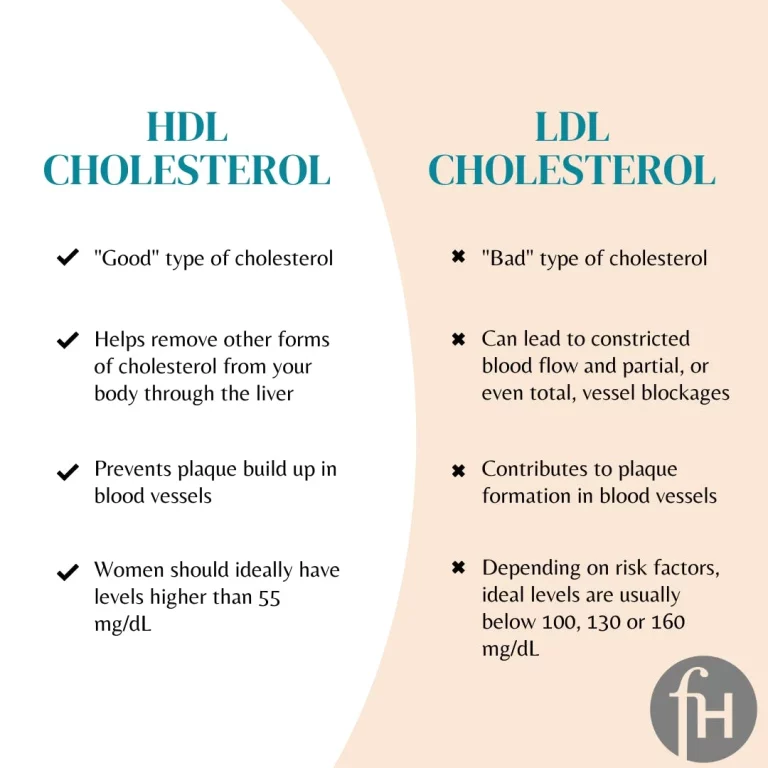Sustainable Underwear Brands
Looking to live that sustainable life? With the fashion industry being the second largest contributor to carbon production, even your underwear choices can have a huge impact. While some shop for form (lace, anyone?) and others look at function (no wedgies, please!), underwear is a great place to dip your toe into the world of sustainable and ethical fashion, especially since these are not items you would buy second hand, which is the purest form of sustainability.
So what should you be looking for in a sustainable clothing brand?
- Sustainable, organic materials: these use less water and are free of toxic dyes and pollutants, better for both us and the planet.
- Zero waste: fabric that ends up on the cutting room floor eventually ends up in a landfill. Sustainable underwear brands may use or repurpose scraps and unsold items.
- Vegan: Free of animal-based products like silk, leather, or wool, because, in addition to the animal cruelty, raising animals for consumption is a huge contributor to carbon production.
- Fair labor practices/safe working conditions. Many brands are transparent about their supply chain and audit production facilities.
So, which sustainable clothing brand is right for you?
Knickey
Their organic cotton underwear are made with eco-friendly materials including Global Organic Textile Standard cotton and Oeko-Tex certified dye, are made in a Fair Trade Certified factory, and use renewable energy in their supply chain. They work with an NYC non-profit to recycle old undergarments, turning them into insulation and rug pads. Their body positive sizes range from 2XS to 3XL.
Hara
Hara means green in Hindi, and these bamboo-based pieces fit the bill of being green. This Australia-based company focuses on conscious creation of items for their customers and our planet. They reuse most of their offcuts to minimize textile waste, manufacture locally to reduce carbon production, and use low impact non-toxic dyes in all of its products.
Pact
The company claims to be “Earth’s FavoriteTM Clothing,” and with soft, GOTS cotton and Fair Trade practices, they are well on their way. 80% of their organic cotton comes from India and they keep their production local, which saves energy. Plus, organic cotton uses 81% less water than conventional cotton. They offset their carbon production through investments in global wind energy and use post-consumer recycled paper for packaging. While they have used wool in the past, hemp and elastane are currently the only non-cotton items in any blends.
Organic Basics
Related: Heavy Periods – What Are The Common Causes?
This popular Danish brand only uses biodegradable, recycled, renewable, or natural textiles, as well as employing techniques which reduces waste and increasing fabric resilience. Vegans take note, this does include recycled wool. It uses renewable energy and is an active member of 1% For The Planet, which means they give at least 1% of revenue to environmental causes. They also have a formal statement regarding workers’ rights.
Boody
With a name like that, this Australian company was made for underwear. They use organic bamboo, organic cotton, LYOLYTE® (bamboo lyocell), and minimal spandex, all vegan and PETA approved. The bamboo is grown using rainwater, produces oxygen, and absorbs carbon dioxide. Once formed into LYOLYTE®, it is biodegradable and compostable and has little water or fabric waste in processing. Boody audits their factories and partnered factories in China, India, and Vietnam and ensures workers’ safety and living wages. They use eco-friendly packaging and printing materials.
Period Underwear:
If you want to take it a step further, period underwear is where it’s at. The average person who menstruates uses around 11,000 disposable period products in their lifetime, while approximately 20 billion sanitary napkins, tampons and applicators are dumped into North American landfills every year. Period underwear are a comfortable, safe, and sustainable alternative.
Thinx
This brand encompasses Thinx (period underwear), Thinx BTWN (period underwear for teens), and Speax (underwear for bladder leaks). The company’s initiatives include the EveryBody campaign that educates and empowers young people and MAS’ Women Go Beyond initiative at their facility in Sri Lanka. Their underwear materials are all OEKO-TEX certified to be non-hazardous.
Saalt
Known for its menstrual cups, this B-corp certified company launched period underwear in fall of 2020. Their offerings absorb up to three regular tampons worth of blood and are available in a variety of styles. They use recycled plastic water bottles to make the polyester, which are certified PFAS-free and certified OEKO-TEX. They give 2% back to fund initiatives in education, sustainability, and menstrual health. They are ethically made in Sri Lanka with partners that work to improve their communities by working for things like access to clean drinking water.
These brands are just the tip of the iceberg when it comes to sustainable intimates, and companies are based all over the world. To reduce carbon emissions with shipping, look out for brands based near you! Hopefully changing to sustainable and ethical underwear will just be the start of your sustainable journey. Trust me, your nether regions and your planet will thank you!
We discuss products we think are useful to people. If you buy something through our links, we may earn a commission. Remember to check with your personal physician to see if a product recommended is right for you.








